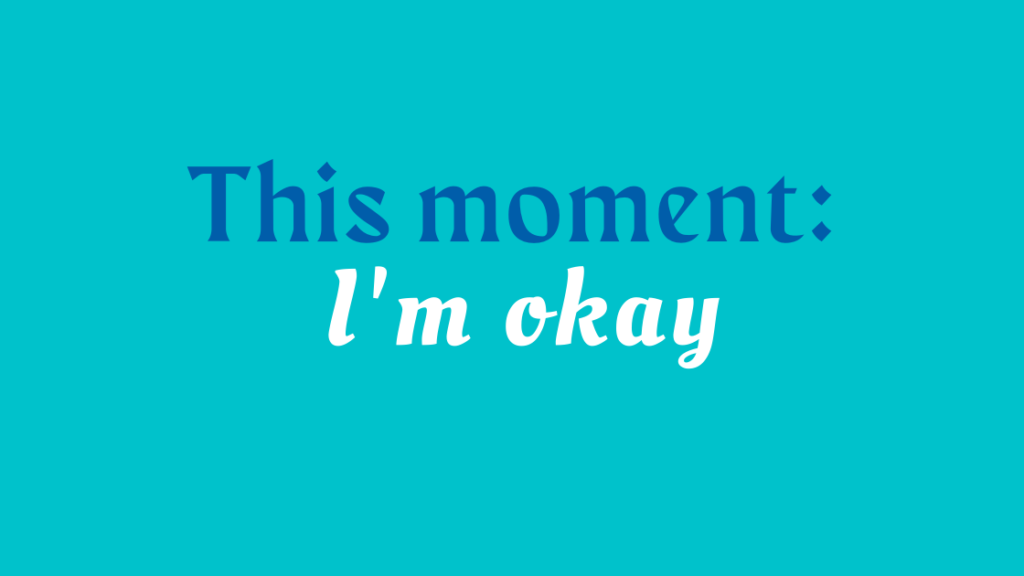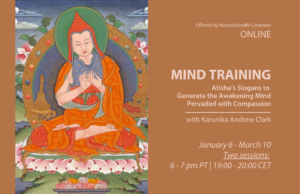I was driving when the phone rang with a call from my doctor. It would be about the pathology report, I thought, so I better answer. She had reassured me the biopsy was “no big deal, just a precautionary procedure.” My body had told me otherwise.
“Do you have a minute?” she asked, adding, “Where are you?” Those are not questions that herald a simple, negative test result.
“Driving,” I said, “but I’ll pull over.” And I did, right into a busy bank parking lot. Watching customers hurrying to the cash machine, I heard my doctor say:
“I guess my questions weren’t such a subtle way to let you know the results came back positive. You have a rare form of breast cancer, about a 1 to 4 percent chance of getting it.”
“Oh, I won the lottery!” I thought but didn’t say because a) it wasn’t that funny and b) the news just confirmed what my body, wisely, already knew. I’ve heard others say their mind stopped upon receiving a difficult diagnosis. I won’t affix that label to my experience, but I did feel peaceful, quiet, settled. For that moment, just as it was, I was okay.
For quite a few moments afterwards, leading to several hours, I was still okay, until — as it is habituated to do — my mind started to fill in the empty space with words cloaked in dark capes and images colored in shades of black, blue and purple. Like a Jackson Pollock painting with layers of spontaneous splatters, the thoughts kept hurling themselves at the canvas, faster and faster: “I knew something was wrong over a year ago when I made my first appointment. Why didn’t I push it? I don’t want to bring pain to my family,” and finally, “I don’t want this, I’m not ready.” Attracted by the intensity of those thoughts, the emotions of anger and fear joined the party, and soon tears were flowing, flooding any remaining gaps.
But it also, somehow, didn’t feel real, more like rehearsing for a play or film from my younger years, when I’d call up a sad experience to cry for a particular scene or remember a hurtful past experience to evoke anger. So, I took a breath or several and relaxed.
After a bit, I asked myself, “In this moment, are you okay?” Well, yes, I had to admit, I was okay. The biopsy site still hurt, I didn’t have answers, didn’t know what was to come, but I had some tools to help me not dive into the narrowing tunnel of fear.
I could pause, breathe and connect with my senses: catch the scent of my favorite lilies in the vase on the counter; watch the wind flip back the alder leaves from green to silver; feel the heat of the sun-warmed concrete under my bare feet. Like the portal to the present that they are, each sense experience landed me smack dab in the moment. I could feel my shoulders, my whole body relax. I could watch the bullying thoughts float away, the emotions fizzle and pop. What remained was beautifully spacious and brilliantly clear. Such profound relief!
At some point, I recalled three lines of a song by Milarepa, translated into English under the guidance of Khenpo Tsultrim Gyamtso Rinpoche: Throughout the day and night, look at your mind. When you look at your mind, you don’t see anything. When you don’t see anything, let go and relax.
You have to be present to win, as my teacher Dzogchen Ponlop Rinpoche will tease, and you have to be present to smell a smell, taste a taste and if you can, look at your mind. It’s a direct, nonconceptual experience. If I ask myself right then and there, “In this moment, am I okay?” the answer is inevitably, “Yes.”
Exercise/Meditation
The next time you feel scared or angry, too pinched and crowded by the proliferation of thoughts, you might try these several steps to help ease some of the suffering that happens when we let our concepts escalate. Whether alone or with others, you can experiment with the simple process — try it at home, in line at the grocery store, on the bus, waiting for a phone call. No matter the situation or condition, we can start to free ourselves from the claustrophobia of frightening or negative thoughts and open to the vast, present moment. It’s a fresh experience sparkling with possibilities.
- Pause what you are doing
- Check in with your breath, focusing gently on the exhale
- Relax your body starting at the top of your head on down to your toes
- Connect with your senses — pick one and place your attention there
- After a bit, try to step back and briefly look at your mind, then look again
- Ask yourself, “In this moment, am I okay?”
- Try to “feel” rather than “know” the response

Juli Goetz Morser dined on the smorgasbord of dharma for a number of years, tasting a variety of classes, before enrolling in Nitartha Institute in 2008, where she met Dzogchen Ponlop Rinpoche. Rinpoche became her teacher in 2010, and she became a member of Nalandabodhi.
Juli is a writer, poet and editor who often writes and edits for Nalandabodhi and Karmapa Center 16.






